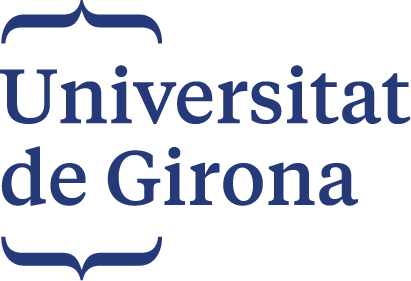
Descripció del projecte
The Catalan Water Partnerhisp (CWP), together with the University of Girona and the support of ACCIO, has carried out a pioneering study in Catalonia to understand water consumption in the main tourist segments, the use of water-saving and efficiency technologies and techniques, and the potential savings that could be achieved.
Specifically, the study has carried out an analysis of cases with data on water consumption, usual water conservation measures and predisposition to new water conservation measures. The segments analysed include hotels, rural houses, campsites, spas, golf courses, aquatic and theme parks, including the Samba hotel in Lloret de Mar, the Ballena Alegre campsites in Sant Pere Pescador, the Valldaro de Platja d’Aro and the Berga Resort, and Port Aventura are some of the existing examples in Catalonia of good practices in the Catalan tourism sector in the efficient management of the water cycle.
Data have been collected from around sixty representative establishments with very diverse results, ranging from establishments with consumption of more than 420 litres/person/day (‘420 litres/person/day) to establishments with consumption four times lower.
It has been possible to determine that the application of innovative water conservation technologies, such as the reuse of grey and rainwater and the use of more efficient technologies in facilities, swimming pools and green areas, are key elements for improving the sustainability and competitiveness of the Catalan tourism sector. Specifically, according to this study carried out by the Institute of Tourism Studies of the University of Girona and the Catalan Water Partnership, the application of water-efficient technologies can achieve water savings of between 20 and 30% depending on the sector.
Logo del projecte:
Finançament del projecte:

Objectiu
STUDY OF THE TOURISM SECTOR MARKET AND OPPORTUNITIES FOR THE WATER SECTOR
Període:
| Inici | |
| Final |
Coordinador del projecte:

Participants del projecte:
